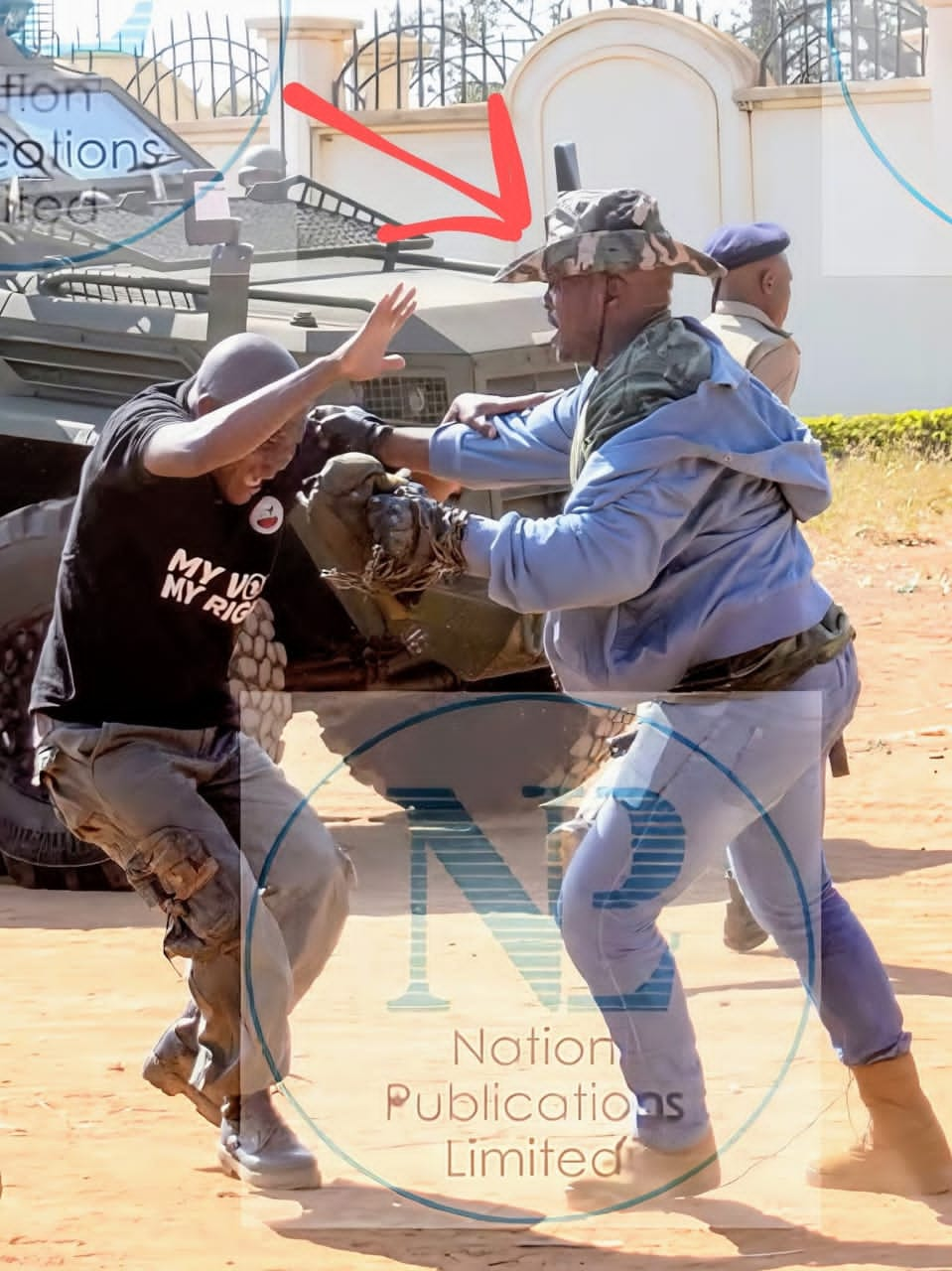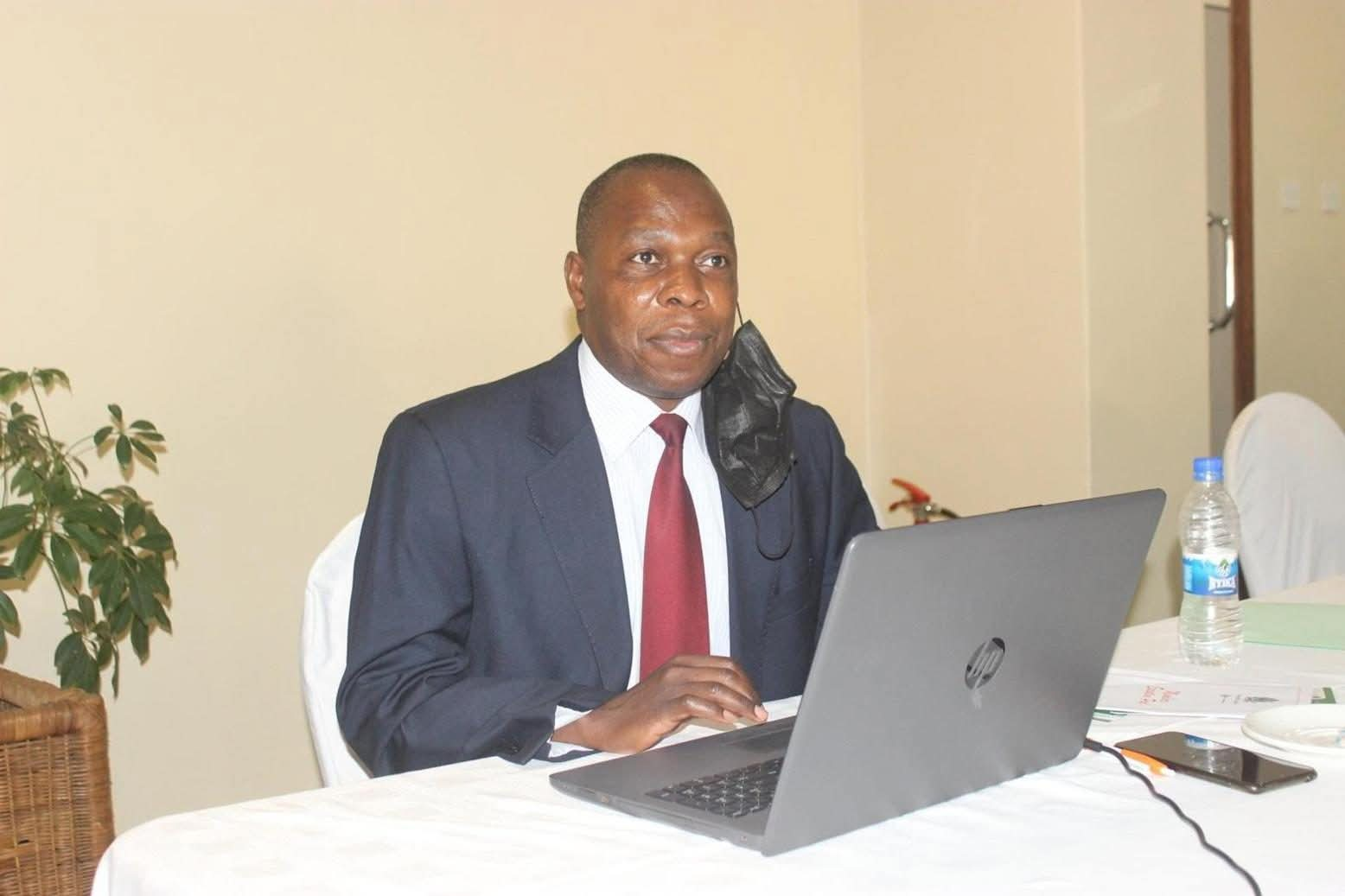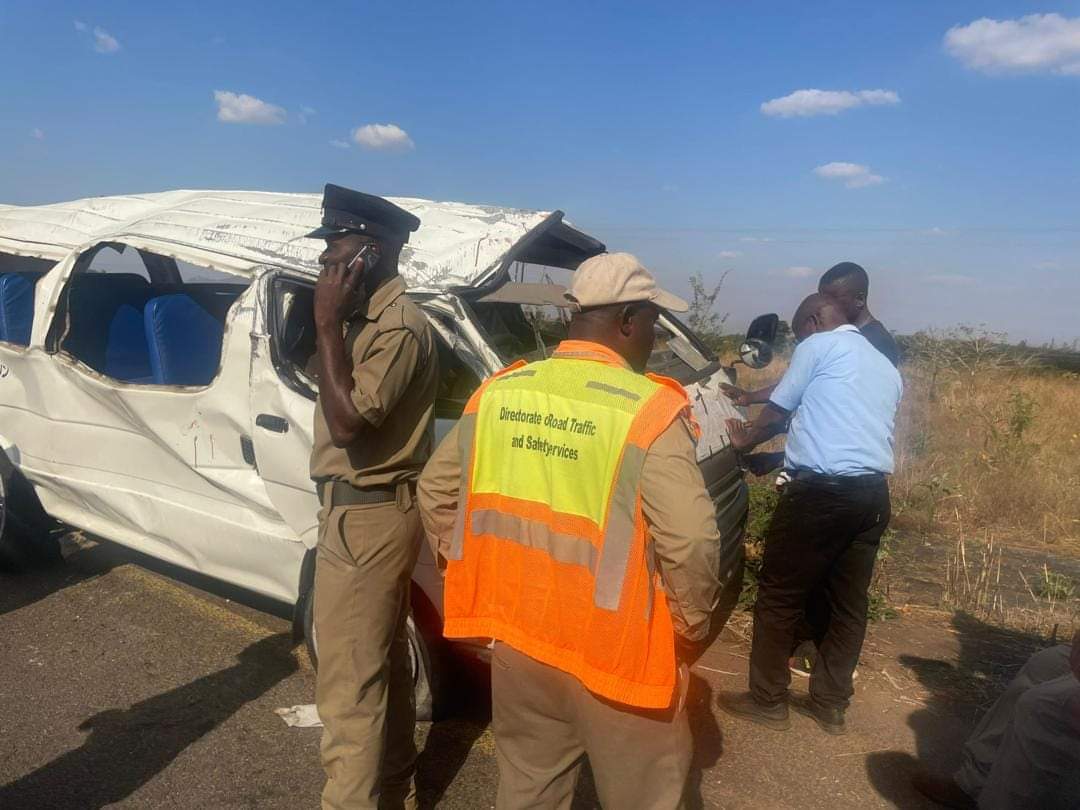By Burnett Munthali
As Malawi inches closer to the 2025 general elections, disturbing signs of political violence are beginning to emerge, casting a long and dark shadow over the country’s democratic future.
In recent months, reports of physical assaults, intimidation, hate speech, and threats targeting opposition figures, journalists, and civil society activists have been on the rise.
These incidents—many of which occur with impunity—suggest that political violence is not only resurfacing but becoming normalized in Malawi’s political culture.
If left unchecked, this violence could escalate during the heated atmosphere of an election campaign, where tensions, emotions, and rivalries tend to run high.
The recurrence of politically motivated violence is a strong warning sign that Malawi’s democracy is at risk of being hijacked by fear and coercion.
Election-related violence undermines public trust in the electoral process, discourages citizen participation, and creates a toxic environment where votes are cast under threat rather than conviction.
Moreover, it signals a failure of both state institutions and political leadership to uphold the democratic values enshrined in the Constitution.
The potential for escalation is particularly high in constituencies known for political competition, where party loyalists are often mobilized to defend their turf—sometimes violently.
Without proactive intervention, isolated incidents could turn into widespread unrest, threatening national peace and stability.
To prevent this scenario, Malawi must urgently adopt a range of early reforms and preventative measures that address both the symptoms and root causes of political violence.
First, the Malawi Electoral Commission (MEC) must strengthen its conflict prevention mechanisms by collaborating closely with law enforcement, traditional leaders, and community-based organizations.
Security agencies, particularly the police and intelligence services, must act with neutrality, protecting all candidates and citizens without fear or favor.
Parliament should revisit and enforce legislation that criminalizes political violence, including the use of party-affiliated militias, hate speech, and threats.
Additionally, all political parties must be compelled—through legal and moral pressure—to sign and adhere to binding peace pledges that commit them to nonviolence and issue-based campaigning.
Civic education should also be intensified, especially in rural and high-risk areas, to teach citizens about their rights, the value of peaceful elections, and the dangers of violence.
Civil society organizations and the media must be empowered to monitor, report, and denounce early signs of unrest, with government providing protective mechanisms rather than obstructive barriers.
International election observers and regional watchdogs such as SADC and the African Union must begin early engagements to signal to political actors that the 2025 elections are under close scrutiny.
Ultimately, Malawi’s path to a peaceful and credible 2025 election depends on the choices made today—not in the heat of election week, but now, while time still allows for correction.
The warning signs are clear, and ignoring them would be not only irresponsible but dangerously short-sighted.
Malawi’s democracy is precious, but fragile—and it must be defended with urgency, foresight, and collective resolve.




